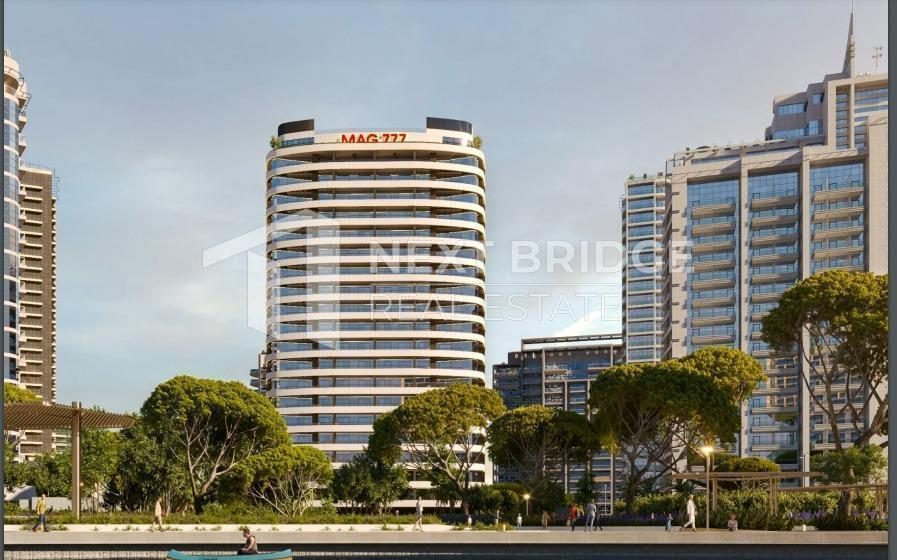
Key Requirements To Buy An Apartment In Dubai
Do you dream of living in Dubai? If yes, then owning an apartment can make it a reality for you. Getting your own place in one of the most luxurious and desirable cities can be a life-changing decision. However, you need to plan everything carefully and consider several key requirements to ensure a successful purchase.
In this article, we will discuss the essential requirements that you need to fulfill when buying Dubai apartments for sale.
Eligibility for property ownership:
Dubai allows both UAE residents and foreign investors to buy property in designated freehold areas. Non-residents can own apartments in locations such as Downtown Dubai, Dubai Marina, and Palm Jumeirah. Those planning to live in Dubai should also check visa eligibility, as property investment may qualify them for a residence visa.
Financial planning and budgeting:
Before buying an apartment, it’s essential to set a budget that includes the purchase price, service charges, and other related costs. Buyers should also consider mortgage options if financing is needed. UAE banks offer loans to eligible applicants, typically requiring a minimum salary and a down payment of at least 20% for expatriates.
Required documentation:
Purchasing an apartment in Dubai involves submitting various documents, including:
- A valid passport (for foreign buyers)
- Emirates ID (for UAE residents)
- Proof of income and financial statements (if applying for a mortgage)
- Sale and Purchase Agreement (SPA)
Ensuring all paperwork is in order helps avoid delays in the buying process.
Understanding the legal process:
Dubai’s real estate transactions are regulated by the Dubai Land Department (DLD). Buyers must register their property purchase with the DLD and pay a 4% registration fee. Working with a registered real estate agent or legal advisor ensures compliance with all necessary procedures.
Evaluating service charges and maintenance costs:
Apartments in Dubai come with service charges for building maintenance, security, and shared amenities. These fees vary based on the property type and location. Checking these costs in advance helps buyers make an informed decision about long-term expenses.
Off-plan Vs. ready apartments:
Buyers must decide between off-plan and ready properties. Off-plan units are often more affordable and come with flexible payment plans, while ready apartments offer immediate possession. Researching the developer’s reputation and project timelines is important when opting for an off-plan investment.